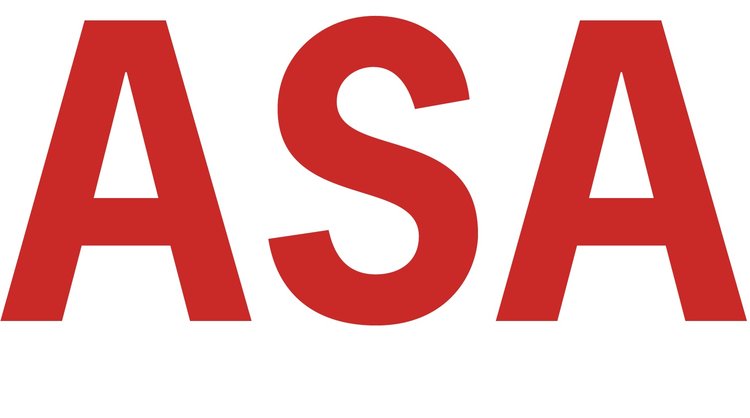Andy Herman discusses the gap in the current healthcare cybersecurity approach – that there is no mandatory risk management framework for healthcare organizations. The author suggests introducing a mandatory implementation of a full cybersecurity framework with monitoring systems before receiving the incentives guaranteed by the meaningful use clause associated with electronic health records.
Read MoreResearch Notes — 2016
Food for Energy or Energy for Food: A Chemical Dependency
Jeffrey Seward explores the risks and the long-term impact of the Oil and Gas Sector on the Food and Agriculture Sector. Agriculture needs the Oil and Gas Sector in order to produce at current levels. If oil and gas were eliminated overnight, our very ability to produce food crops would be gone along with it. One of the most important risks to look at is need to eat versus need consume oil and gas.
Read MoreNew Age of Cybersecurity: Rethink Cybersecurity Strategies and Implementation
Cory Shyu discusses how the Internet of Things (IoT) has transformed the technology sector profoundly. While companies are rushing to reap benefits from increased productivity and automation by adopting more agile technology solutions, privacy and security issues have risen at an alarming rate. The author addresses the key areas in which companies should rethink cybersecurity strategies and develop appropriate roadmaps to achieve security objectives.
Read MoreHypervigilance and the Digital Age
Matthew Welden discusses the development of a hypervigilant culture within the U.S., with attention-grabbing low-frequency incidents overshadowing the far deadlier but less sensational everyday risks. While we now live in a modern world where people are living longer, freer, and richer than ever before, more of us have become captives of fear. The author defines the condition of hypervigilance, illustrates the condition with historical examples, and then offers some solutions to the condition and ethical arguments for their consideration.
Read MoreAmerican Dams: Risk Analysis & Recommendations
Courtney Harris examines dams across the U.S and the risks they impose on the American people. In particular, this paper focuses on the increasing threats to the sector from inconsistent governance, lacking emergency action plans, and growing concerns about the environmental and cultural impact of dams.
Read MoreDomestic Spheres or Universal Values, & The Future of Internet Governance
Adam Lewis reviews the actions of major Internet communications companies in China and identifies the ethical framework each has applied while operating in the Chinese market. Specifically, the framework outlined by Michael Quinn in Ethics for the Information Age.
Read MoreThe American Health Care System
Divya Kothari delves into the complex and most recent evolution of the American Health Care system, and the subsequently evolving risks associated with the Patient Protection and Affordable Care Act of 2010. The growing complexities of this critical sector have added to the existing risks of an already complicated landscape.
Read MoreDam Operational Risk
Iisaaksiichaa Ross Braine examines the U.S. Dams Sector, and identifies potential control failures and identifies the best path for mitigation, specifically in terms of energy. The author uses internal audits of the Homeland Security system, combined with best practices pulled from both the “Dams Sector-Specific Plan” and “Operational Risk Management” written by Philippa X. Girling. Iisaaksiichaa discusses potential solutions and illustrates the steps the Dams Sector could take in order to shore up cyber defenses.
Read MoreThe Big Bad NSA: A Risk Based Analysis of Domestic Spying Practices
Jared Williams discusses the major risks around government domestic surveillance programs, particularly the U.S. National Security Agency (NSA). While domestic surveillance is not a new practice by governments, technological innovations have changed the game.
Read MoreCybersecurity in the U.S. Private Security
Mark Tchao discusses how incentivizing companies to invest in top cybersecurity measures in the profit-driven market continues to be a challenge. Government compliance can be illusory, but without decisive changes in the landscape of matters, things may only get worse.
Read MoreDesperate Times Call For the Birth of the ICC
Ayush Soni dives into the historical background of the creation of the International Criminal Court, and then evaluates the political impact, if any, that the ICC has on U.S. domestic law. Because citizens look to a judiciary body to implement and interpret rulings, this paper also includes details from court cases that have been adjudicated at the ICC.
Read MoreAshley Madison and Managing a Risky Business
Kevin Rawls discusses some of the heightened levels of internal and external risks faced by a business that operates in a legally sound but morally compromised space.The website AshleyMadison.com is a now notorious website built around enabling married people to have extramarital affairs, that in 2015 experienced a very severe data breach of its customers’ data.
Read More